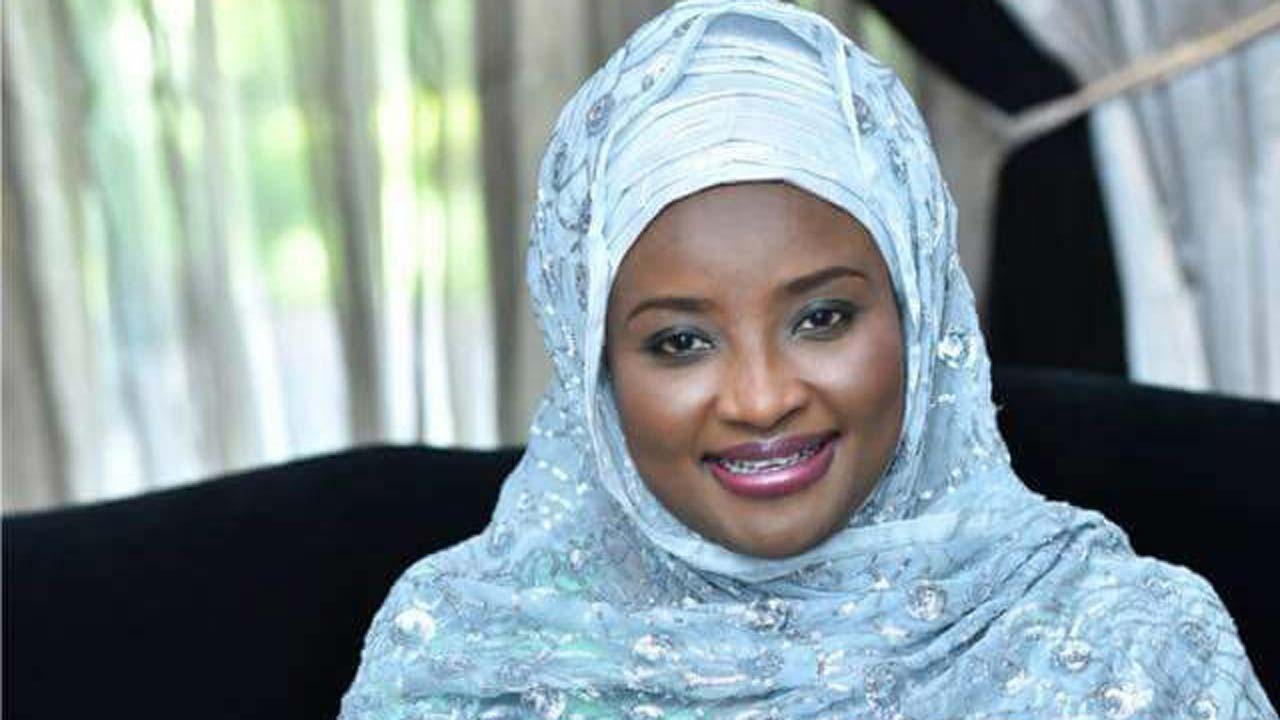Bagudu urges use of locally-sourced food in tackling severe acute malnutrition
Worried about the high incidence of malnutrition in Nigeria, wife of the Kebbi State Governor, Dr. Zainab Shinkafi Bagudu has stressed the need to use locally sourced food in tackling Severe Acute Malnutrition (SAM) in Nigeria. About 2.5 million Nigerian children within the age of five suffer severe acute malnutrition every year with nearly 420, […]

Wife of Kebbi State governor, Dr Zainab Shinkafi-Bagudu
Worried about the high incidence of malnutrition in Nigeria, wife of the Kebbi State Governor, Dr. Zainab Shinkafi Bagudu has stressed the need to use locally sourced food in tackling Severe Acute Malnutrition (SAM) in Nigeria.
About 2.5 million Nigerian children within the age of five suffer severe acute malnutrition every year with nearly 420, 000 children under five dying as a result of the condition.
Speaking at a Media Parley with Editors and Chief Executives of Media Houses on Prevention and Management of SAM, organised by the International Society of Media in Public Health (ISMPH), in Abuja, Bagudu noted that the Ready- to- Use Therapeutic Food (RUTF) presently being used to treat cases of malnutrition are expensive and unsustainable.
She observed that Nigeria has a lot of resources grains, vegetable and fruits which contain all the nutrients that the children need to take to remain healthy and well-nourished adding that the only problem is in the preparation as most times the leaves are overcooked.
Bagudu lamented that insurgency has aggravated the problem of malnutrition in the northeast adding that a lot of our rural mothers are malnourished and anemic.
She said, ‘’There are intervention strategies initiated on malnutrition, we should use the things we have and prepare them in a right form. About 2000 people have been trained as community volunteers.
Speaking on the role of the Media in Prevention and Management of Severe Acute Malnutrition (SAM) in Nigeria, former Editor, Executive Editor, Editorial Board of The Guardian, Mr. Martins Oloja, noted that malnutrition whether severe, acute or mild is a serious human development issue that leaders elsewhere are always interested in.
Citing joint United Nations (UN) agencies report, Oloja observed that the alarming signs of increasing food insecurity and high levels of different forms of malnutrition are a clear warning that there is considerable work to be done to make sure we ‘leave no one behind’ on the road towards achieving the Sustainable Development Goals (SDGs)g on food security and improved nutrition,” According to him, ‘’The heads of the UN Food and Agriculture Organization (FAO), the International Fund for Agricultural Development (IFAD), the UN Children’s Fund (UNICEF), the World Food Programme (WFP) and WHO warned in their joint foreword to the report that “If we are to achieve a world without hunger and malnutrition in all its forms by 2030, it is imperative that we accelerate and scale up actions to strengthen the resilience and adaptive capacity of food systems and people’s livelihoods in response to climate variability and extremes.”
Represented by the Assistant Businesses Editor, Mathias Okwe, Oloja stated that journalism is not about reporting what public officers would like to hear but about monitoring governance and holding state actors and business leaders to account so that they can work in the interest of the larger society.
He said, ‘’We need to assure social, business and indeed political actors that in the main, they need not be afraid of the news media, whether social or traditional.
It is there for the common good – even when we ask hard questions about public service. We have a responsibility to ask questions about Universal Health Coverage (UHC), which is particularly important in Africa, where structural-adjustment policies appear to have undermined state capacity, promoted privatisation and pushed the burden of payment onto the poor.’’
In her remarks, the Executive Director of ISMPH, Moji Makinjuola said the parley was to ensure that SAM is mainstreamed and funded by government.
She noted that globally, health is recognized as a fundamental human rights because of its nexus with right to life and called for increased investment in child health and nutrition.
